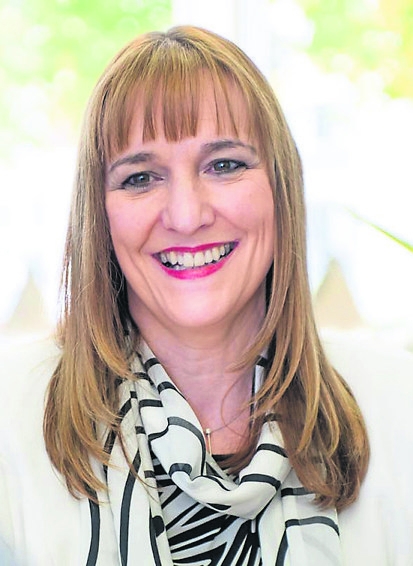By Fiona Pocock
Principal
Bosworth Independent College
MANY parents with children taking GCSE or A-level exams this summer will have just received or be about to receive mock exam results. This can be a bruising experience. If the exams have gone badly, then what can you do to help? If they have gone well, how do you react?
We hear worryingly often of young people’s stress and anxiety in our increasingly competitive world. Our purposeful students at Bosworth Independent College are certainly not alone in suffering a sometimes-exaggerated sense of responsibility to their parents and themselves to achieve as well as possible. The last thing any of us wants to do is to put undue pressure on them.
And yet we do want them to achieve their very best results! How should we react without jeopardising a young person’s long-term well-being?
If the mock exam results are bad:
Face up to the bad results!
* Don’t give false reassurances that everything is fine and it will all work out in the summer
* It may be tempting to protect your child from disappointment, but you have a responsibility to help build resilience and this can only be done by acknowledging poor performance
* Listen to excuses without jumping down anyone’s throat but don’t have the wool pulled over your eyes
If your child was bone idle and failed to prepare adequately, then this is the time to point it out
* You may prefer to avoid confrontation but it’s your job to help your child face facts
* Expect a defensive response, tears, raised voices
* Cope with it! You are the adult and parent
* Nobody gets top results without hard work
Build on failure
* Ask your child to suggest realistically what went wrong
* Explore ways of avoiding repetition of the failings
* There may be all sorts of answers but ultimately, there’s no alternative to putting in the hard work
If the mock exam results are good celebrate with a small reward.
* Offer a family outing or event of some sort, investing your time in sharing the reward rather than simply giving money
* Remind your child to enjoy the treat, seeing beyond the textbooks
Don’t be complacent!
* There is no guarantee that the summer results are assured
* Don’t allow your child to assume that there is no more to be done and that outstanding results are in the bag
Build on success
* Ask your child what went well in the mocks
* Work out what can be replicated
* Encourage more of the same
* This will almost certainly mean putting in the hard work
Check your child has access to the exam specification. Have a peep yourself and navigate to the nitty gritty of the content that needs to be understood and consolidated, so that if your child should ask for support, you know where to look.
Be familiar with online resources that really can be excellent. BBC Bitesize is an obvious place to look for GCSE. YouTube has plenty of good stuff for some A-levels. Do a bit of groundwork by Googling good resources, just in case you have an opportunity to advise. Don’t try too hard! If your child is not receptive, you could turn them right off.
Children of GCSE and A-level age are notoriously difficult for parents to help. You could not possibly understand the work they do. Everything has changed since the olden days. So, maybe instead of trying actively to involve yourself in devising a revision plan, why not focus on the practical stuff?
Maybe you have a friend, friend’s older child or a trusted relation whose guidance will be appreciated, whereas had you offered the same advice, it would have been rejected.
You can help by setting consistent boundaries about socialising, use of social media, X-box and so on. Allow some access to distractions and encourage constructive activities but be a parent and set limits.
Work out what seems to support your child if he or she can’t vocalise it. Don’t make a fuss or interfere by, for example, insisting on tidiness if there are organised piles of papers all over the floor.
Perhaps having a ready supply of healthy snacks in the fridge at all times will be better appreciated. Ensuring the laundry is done, the fridge full and the house warm may not seem much but not making too much of a storm about sharing domestic chores between now and May or June is a small price to pay if it means your child can focus on sensible study with regular breaks, starting small does of revision even now. They can pay you back in the summer once exam season is over!
For more details about Bosworth College, telephone 01604 235090 or visit the website www.bosworthcollege.com


